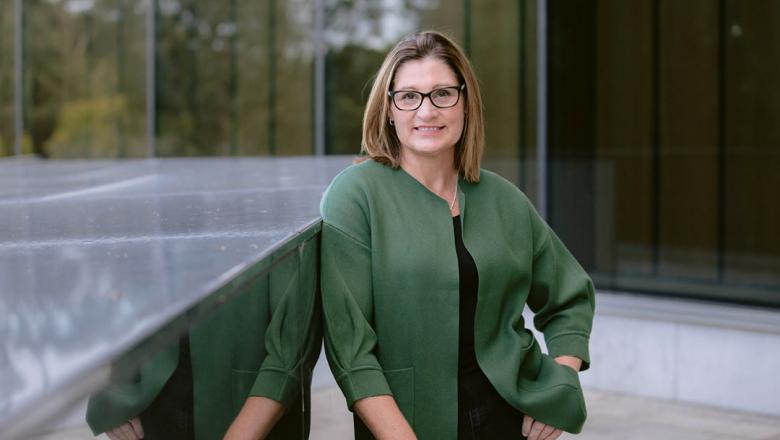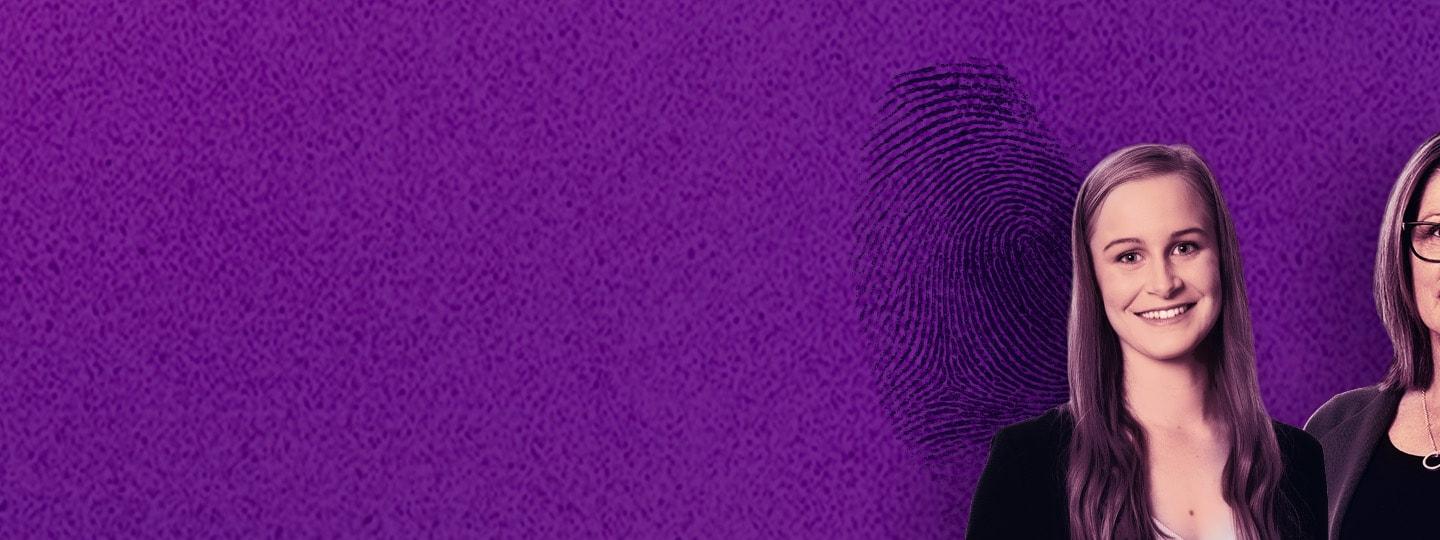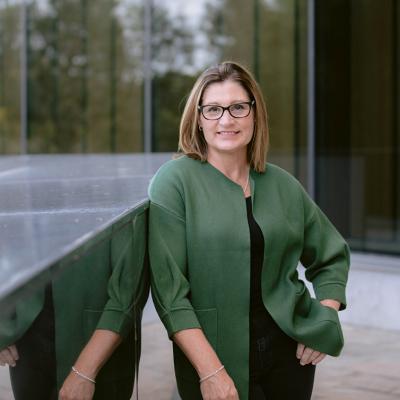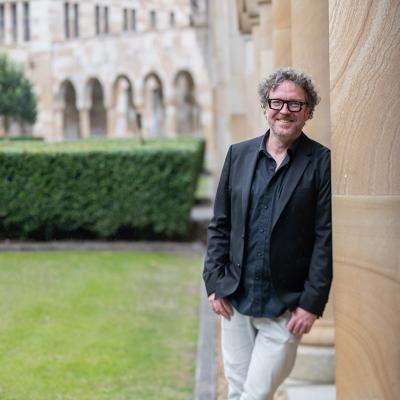Criminals shift and adapt depending on what technology is available to them. So how are criminologists adapting to the changing nature of crime?
Studying crime online
Interest in 'true crime' is at an all-time high. Just look at the popularity of documentaries covering all types of crime – both offline and online.
But the problem with crime is that it changes over time. New technology is allowing criminals to commit crime in modern society in ways we haven’t seen before.
Criminologist Professor Lorraine Mazerolle explains how online crime is one of the largest problems facing society in the digital age.
“The absolute biggest thing in criminology these days is the online world. Online offending is going through the roof,” says Lorraine.
“We've got exploitation of children, online theft, and drugs being bought and sold online. Lots of crime occurs either enabled by cyber or through cyber sources.”

Crime in modern society is happening online – and probably more often than you think
The digital space is always evolving, and Lorraine believes criminology and justice professionals need to embrace new technologies in order to solve cases of modern crimes online.
“As a criminologist, you need to be able to pivot and adapt with the changing nature of crime,” she says.
“We are discovering new ways to identify crime online and developing new ways to manage and solve cases. We really need to be lifelong learners, so we can keep up with its changing nature.”
Lorraine is examining ways to prevent and control online crime, like creating an online triage tool that helps practitioners better manage referrals for the most serious cases.
“One of the projects I have right now is with the Australian Centre to Counter Child Exploitation looking at ways that we can help practitioners to build a better decision-making support tool,” she says.
“They have thousands and thousands of referrals, and they've got to make very important decisions about which referrals they can act on and which ones they can't. This new tool is helping them to prioritise which referrals they need to act on in a really urgent way.”
According to Lorraine, translating what criminologists know about offline crime into the online world is not a straightforward conversion. Criminologists are partnering with other industry experts to help gain a better understanding of how modern crimes are committed online.
“We’re working with a cyber specialist looking at all the different ways that we can block opportunities for crime problems through tech solutions on the internet,” says Lorraine.
“Criminals are always adapting and always evolving. We’re finding the tools to understand how, why and where people commit crime, and what criminal justice professionals can do to build investigative capabilities and better prevent crime problems.”
Want to solve online crime? Discover how with a Bachelor of Criminology and Criminal Justice at UQ.






